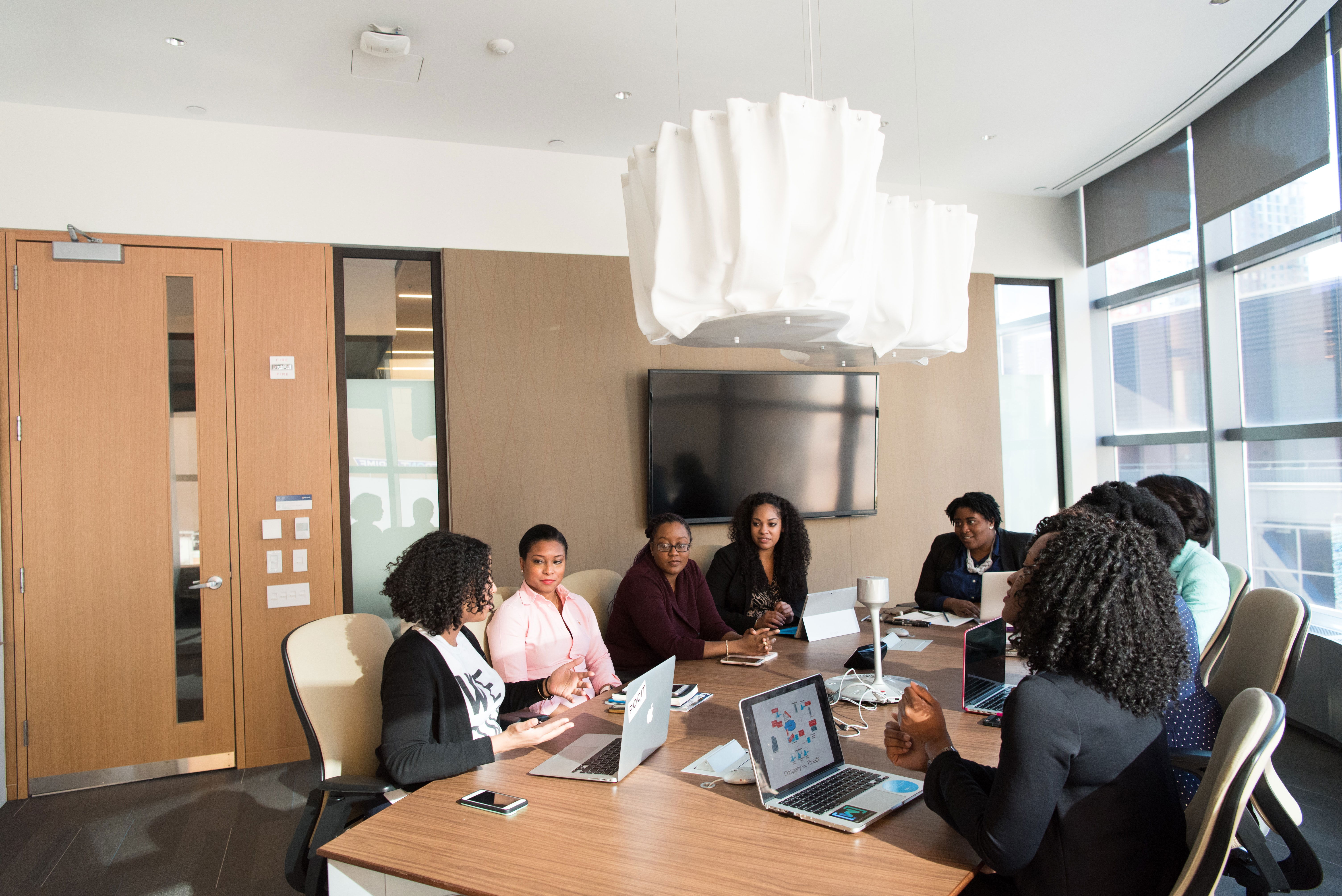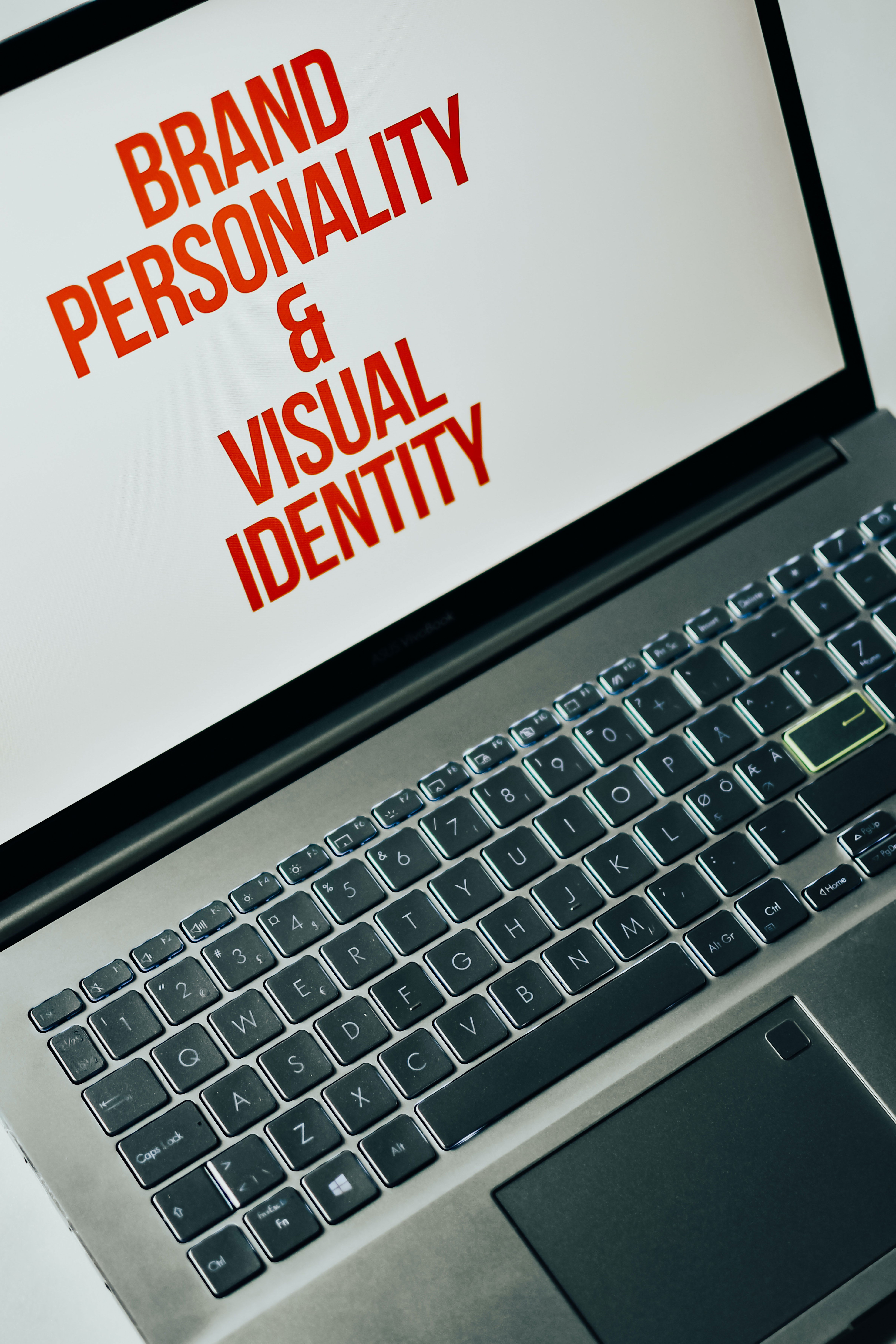Legal professionals in the digital age
Introduction
The legal profession is undergoing a fundamental paradigm shift of transformation, with technology radically altering what we have come to expect from the bar and bench. The rapid march forward of technology has challenged the system and shown that bureaucracy, fraud, high legal fees, long hours and mundane tasks that had come to characterise certain aspects of the system can be issues of the past. Artificial intelligence, blockchain, and tech tools enable just and efficient legal service delivery.
The adoption of technology and a rise in innovation are improving processes and creating new opportunities in the legal sector. With innovation, the delivery of legal services is better, faster, and more affordable. Legal professionals collaborate with technologists in hackathons to tackle different problems and create tailor-made solutions for the legal industry. These range from repetitive tasks to fraud to mental health. It is no secret that there is a rising concern for mental health in the profession, often manifesting as burnout amongst front-line legal professionals. Once again, technology brings solutions to counter this by automating repetitive tasks, creating better flexitime and remote work systems, and providing tech tools to manage different aspects of life.
Some apps that fall outside the legal space, such as Calm and Headspace for meditation, are of note regarding mental health for legal (and other) practitioners and will continue to play an outsized role in the day-to-day lives of lawyers as we progress into the future. The digital age is the age of creators. We have accepted that change must happen, and light is entering the black-and-white profession.

Emerging fields for legal professionals
With the rise of new technologies, our lives are being transformed—how we live, interact, and work. Algorithms are making decisions in our lives, and blockchain, with its immutable records, is curbing fraud in a world where cybercrime is rising. Our digital identities are now more critical than ever. Malls and academies have moved online, and we see new changes daily. With these comes an array of contemporary issues-good and evil. Questions on legislative frameworks and creating ethical systems for humanity's good and safe digital environments are the talk of the day. Making policies to guide operations and solve disputes has been placed on legal professionals. In addition, new roles such as legal technologists, legal designers, data protection officers, and more are on the rise, giving legal professionals more career choices.

Legal education / Upskilling
Most law schools in Africa had resisted online learning until the COVID-19 pandemic rendered it a necessity. Legal education is currently tech-enabled, giving students a chance to learn digital skills from the start. Upskilling is the only way to go. This requires learning new skills and a willingness to embrace new work methods. The 'future lawyer' is agile, curious, and willing to learn. Law schools are providing a hybrid system for learning, and there are different online platforms where legal professionals can upskill and learn. Platforms like edX, Coursera, Forage and Guider provide courses and access to global internships and mentors. In the digital age, education should be treated as a life-long process where legal professionals are open to upskilling. An open-source culture with open education resources is critical for growth in the legal profession. Open education resources are educational and research resources freely available with permission for collaborators to modify and share them. This breaks down barriers to affordability and accessibility. With technology, having these on the cloud makes it even better!

Future skills for legal professionals
According to the World Economic Forum's Future of Jobs Report, 50% of all employees will need reskilling by 2025 as the adoption of technology increases. The COVID-19 Pandemic accelerated this with new ways of delivering legal services and changed the habit of doing things overnight. The "future lawyer" will need to go beyond knowing the law. It is vital to have hybrid skills, a combination of soft and hard skills. Living in a global, diverse legal space has made soft skills necessary for legal professionals. Soft skills are now vital in legal service delivery. These include; communication, empathy, creative and critical thinking, collaboration, cultural awareness, and emotional intelligence, among others. The ability and willingness to learn are critical. The world is changing fast, and we are being called to adapt daily to provide legal services in a changing world. The ability to simplify information for clients is another vital skill. One should be able to distil and communicate complex matters with precision.

Legal service delivery
Regarding the delivery of legal services, project management, legal design, and service design have become essential. These enable lawyers to manage supply chains and deliver on time and with budget transparency. We are in an age where clients are demanding more for less. This is the age where the client is the driver because they have access to information. Technology is taking centre stage as a mode of delivering legal services when communicating with clients, delivering judgements, online dispute resolution and more. We are asking whether a court is a service or a place. Remote Courts Worldwide has documented the judiciary's response to adopting technology, and the progress is commendable.
Regarding Online Dispute Resolution, platforms like iResolve and Jur have made it easier, faster, and more affordable to access justice. Technology has made remote work a reality in the profession. These use online platforms for communication, online payments, and smart contracts to deliver legal services. Different tools have been significant in communication, project management and more. Just to mention a few, these include; Asana for workflow management, Miiro and Mural for project collaboration, Diligent Software for contract management, Canva for graphic design, Google Workspace for cloud-based paperless document management, and more.

Branding in the digital age
A brand raises awareness by directly appealing to people's emotions. According to a 2018 World Economic Forum Report, mankind is slowly marching towards a future where nearly everyone will be a digital native. Having a digital footprint for law firms, lawyers, and law students is no longer a luxury but a necessity. Digital platforms enable us to collaborate, share information and constantly learn as we live and practice in an ever-changing world. The tangible aspects of a brand include; logos, colour themes, pictures, location, social media and websites, while the intangible factors include; consistency, trust, gratitude, confidence and communication. These fall back on soft skills and values. Attracting the right clientele, communities, and mentors revolves around these. Legal professionals are encouraged to leverage platforms like LinkedIn, MailChimp, and Wix to connect, share resources, and create online profiles for themselves or their firms. Branding is storytelling!

Conclusion
The digital age has made legal practice tech-enhanced, data-driven, and collaborative. Even in the rapidly changing environment where automation of legal services is on the rise, it is essential to qualify as a lawyer and have legal black-letter law. Soft skills are fundamental and will set you apart from a similarly qualified and competent legal practitioner. The "lawyer of the future" has enhanced commercial awareness, the ability to use the law more proactively, an agile mindset, collaborates with lawyers and non-lawyers, understands data, and applies diversity in problem-solving to promote the Rule of Law.

About the Author
LGC guest blogger Mary Clains Tino is World Legal Summit's Program and Community manager. As Legal Innovation Hub's Operations Manager, she acts as a Coordinator of Young Business and Professional Women International in Kampala. She is also an active member of the African Law & Tech Network, Legal Hackers, & the Global Shapers Community.
Legal Innovation Hub’s Operations Manager and the Coordinator for Young Business and Professional Women International in Kampala